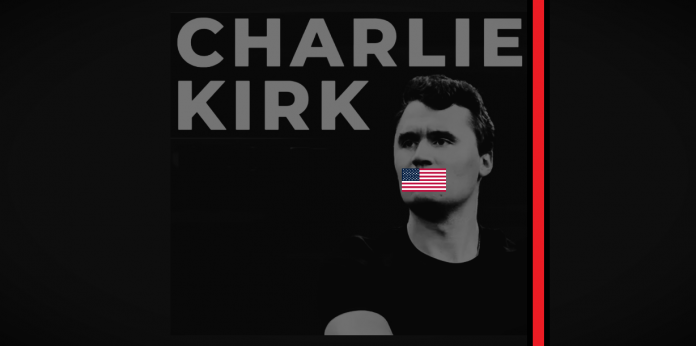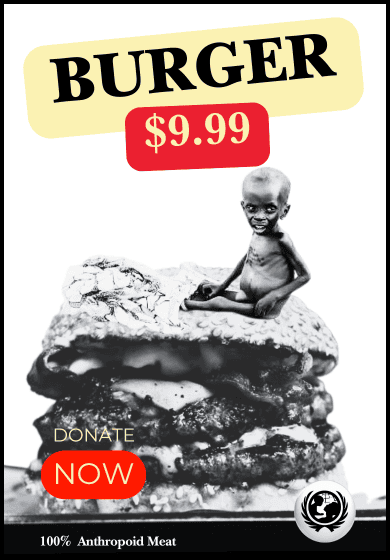Charlie Kirk – A Polarizing Conservative Voice Silenced by Violence
Charlie Kirk, one of the most recognizable conservative activists of his generation, rose to prominence as the founder of Turning Point USA, a relentless speaker, and a prominent media personality. To many, he was a defender of free debate and traditional American values; to others, he symbolized the rigidity of the modern right. His life and sudden death tell the story of a nation divided.
The Champion of Free Debate
Kirk built his reputation by embracing confrontation. Unlike many public figures who remain in safe media spaces, he repeatedly accepted direct challenges during his campus tours, where critics could question him face-to-face. In an era dominated by echo chambers and algorithm-driven bubbles, that willingness to stand on stage and take criticism was seen by his supporters as an act of courage.
The Shadow of Labels
Often branded as “far right,” Kirk illustrates how political language has become weaponized. He defended conservative and Christian positions—sometimes provocatively—but never called for violence or the dismantling of democratic institutions. Still, the shorthand label reduced his complex role to a caricature, turning disagreement into outright delegitimization.

Breaking News: Charlie Kirk Shot Dead on Utah Campus
The nation was shaken when prominent conservative activist Charlie Kirk was shot and killed in what Utah police described as a “targeted attack.” The shooter remains at large. Utah Gov. Spencer Cox condemned the incident as “a political assassination,” while former President Donald Trump called Kirk’s death “a dark moment for America,” blaming the radical left’s rhetoric for fueling political violence.
Authorities believe only one suspect was involved. The FBI has launched a full investigation, offering a reward for information.
A Controlled Openness
Even as Kirk engaged with critics, his defenders overlooked the controlled nature of those encounters. His events often drew overwhelmingly supportive crowds, giving him home advantage. True openness, some argue, would have meant facing hostile media panels or critical journalists. In this sense, Kirk’s courage was both authentic and carefully curated.
Between Conviction and Provocation
Charlie Kirk thrived on provocation. Sharp, mocking, and unapologetically combative, he played the role of a culture warrior. To followers, this made him an entertaining and fearless voice. To opponents, it was proof that he cared more about dominance than dialogue. This duality both elevated and vilified him, making him a central figure in America’s culture wars.
A Symbol of America’s Divide
In the end, Charlie Kirk was more than a conservative activist—he was a mirror of the times. His emphasis on free speech inspired some and infuriated others. His confrontational style reinforced polarization even as he claimed to fight it. Whether viewed as a martyr for liberty or a provocateur, his story reflects a deeper crisis: a nation where every debate feels like a battlefield, and every voice risks being weaponized.
Charlie Kirk’s legacy remains contested. But one thing is certain: his life and death reveal the fragile state of political dialogue in America today.
Charlie Kirk’s public bibliography and profiles Table
| Title / Work | Type | Year | Short description / Impact |
|---|---|---|---|
| Time for a Turning Point (with Brent Hamachek) | Book (co-authored) | 2016 | A manifesto-style early book setting out free-market and limited-government themes; helped launch Kirk’s national profile. |
| Campus Battlefield: How Conservatives Can WIN the Battle on Campus and Why It Matters | Book | 2018 | Guide for conservative student organizing; argued campuses are key cultural battlegrounds and promoted TPUSA-style activism. |
| The MAGA Doctrine: The Only Ideas That Will Win the Future | Book | 2020 | A manifesto of the MAGA movement’s ideas and strategy; widely promoted within Trump-aligned circles and a bestseller in conservative markets. |
| The College Scam: How America’s Universities Are Bankrupting and Brainwashing Away the Future of America’s Youth | Book | 2022 | Critique of higher education arguing that universities are financially and ideologically failing students; reinforced Kirk’s long-standing anti-campus messaging. |
| Right Wing Revolution: How to Beat the Woke and Save the West | Book | 2024 | Roadmap for combating “woke” influence in Western institutions; aimed at energizing conservative activism beyond campuses. |
| The Charlie Kirk Show | Podcast / Radio / Daily media | 2019–2025 (active) | Daily podcast and media platform that amplified his views, reached large audiences, and helped mobilize young conservatives online. |
| Turning Point USA (founder) | Organization / Movement | Founded 2012 | National conservative youth organization building campus chapters, events, and digital campaigns; central to Kirk’s public influence. |



